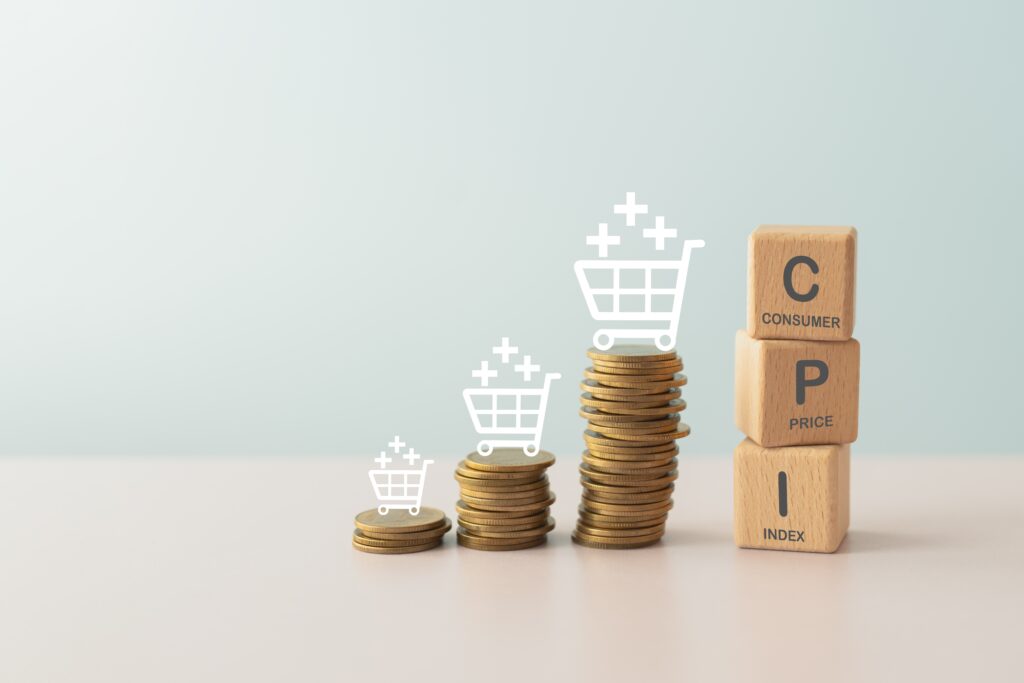Germany’s consumer confidence saw a modest increase in October, reaching its highest level since April 2022, although challenges continue to affect overall sentiment.
According to the latest GfK Consumer Climate report from GfK and the Nuremberg Institute for Market Decisions (NIM), the Consumer Climate index for November is expected to rise by 2.7 points, bringing it to -18.3, up from a revised -21.0 in October. This growth is largely attributed to improved income expectations and a growing willingness to make purchases, marking the second consecutive month of positive change in consumer sentiment.
The forward-looking indicator, which surveyed over 2,000 German households, reflected shifts in income expectations, economic outlook, and purchasing readiness. Rolf Bürkl, a consumer expert at NIM, commented, “Following the slight improvement last month, the Consumer Climate continues to ascend. It has reached its highest level since April 2022, when we measured -15.7 points following the onset of the war in Ukraine.”
Despite the positive trend, Bürkl warned that persistent economic uncertainties and inflationary pressures continue to dampen consumer optimism. “The uncertainties brought about by crises, wars, and rising prices are still significant and are hindering factors that could stimulate consumption, such as real income growth,” he added.
Rising Income Expectations Fuel Purchasing Willingness
Income expectations provided a notable boost to consumer sentiment, increasing by 3.6 points to reach 13.7 points. This optimism signifies a remarkable 29-point improvement compared to the same period last year.
Declining inflation, along with substantial wage increases in various sectors, has fostered a sense of real income growth among consumers. Pensioners are also experiencing real increases in income, a rare occurrence amid recent high inflation.
The rise in income prospects has positively influenced consumers’ readiness to spend, which improved by 2.2 points to -4.7 points—the highest level since March 2022. This suggests a cautious but growing willingness to make purchases, though overall spending intentions remain below pre-crisis levels, and any new economic shocks could quickly temper enthusiasm.
Economic Expectations Decline Amid Recession Fears
While there are signs of consumer optimism, concerns about Germany’s economic outlook persist.
Economic expectations among consumers fell for the third consecutive month, with a slight decline of 0.5 points, bringing the economic expectations indicator to just 0.2 points—its lowest since March 2024. The German government has recently downgraded its growth forecast for 2024, now projecting a 0.2% contraction in GDP, reflecting these subdued expectations.
Uncertainties regarding corporate health and employment also cast a shadow over consumer confidence, as increasing insolvencies and potential job cuts contribute to economic worries. “Reports of rising company insolvencies and plans to reduce staff or move production abroad are preventing a more significant recovery in consumer sentiment,” Bürkl explained.
Market Reactions
In market developments, the DAX index rose 0.4% to reach 19,620 points on Tuesday, marking its second consecutive day of gains and bringing it within 0.5% of its all-time high set earlier this month.
Top gainers included Daimler Truck Holding AG, Continental AG, and Adidas AG, which saw increases of 1.7%, 1.3%, and 1.2%, respectively. Adidas reported a 71% surge in Q3 net profit along with strong sales growth in China.
German stocks aligned with the broader positive sentiment across Europe, as the EuroStoxx 50 index gained 0.5%, with investors closely monitoring quarterly corporate earnings. France’s CAC 40 rose by 0.7%, while Italy’s FTSE Mib and Spain’s IBEX 35 both edged up by 0.2%.
